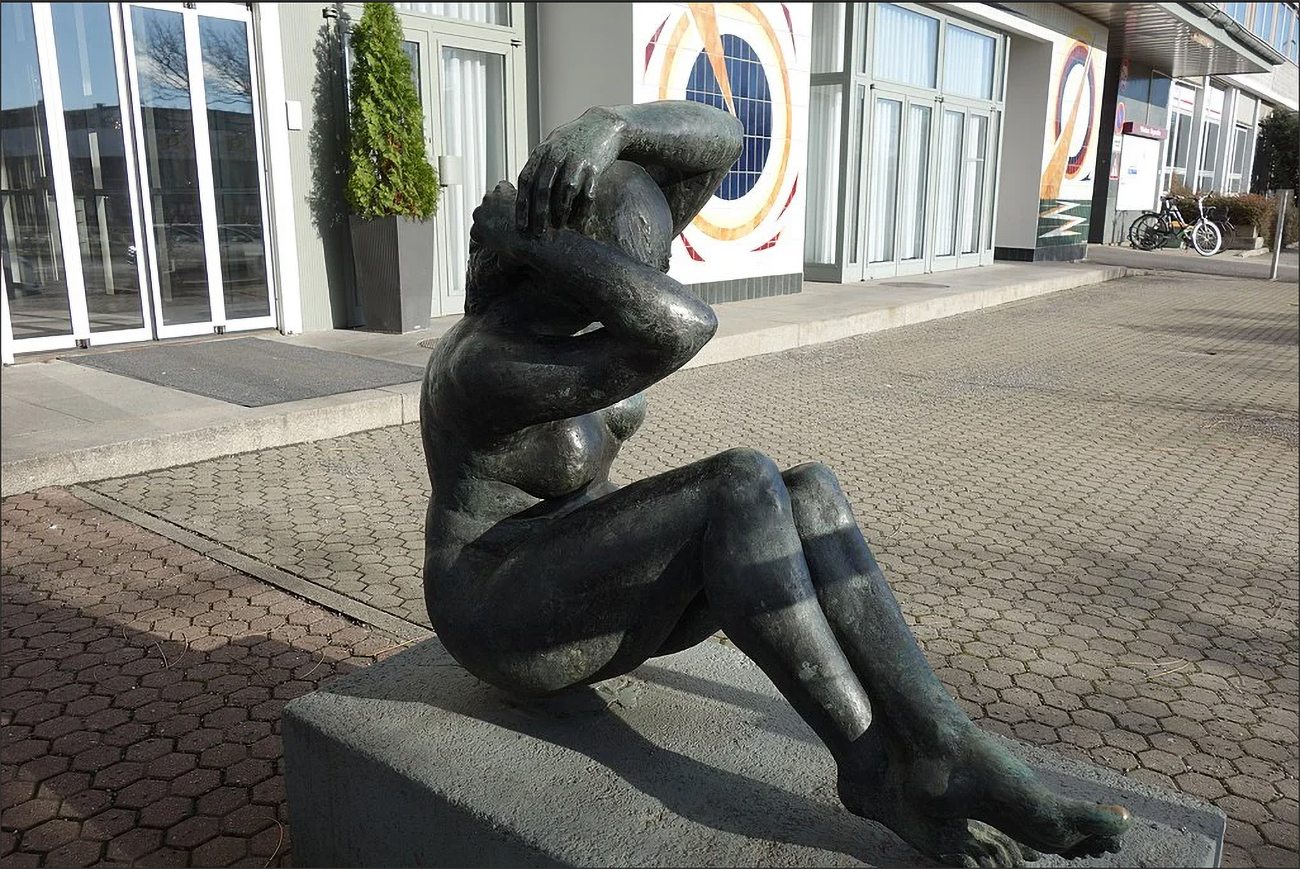Local authorities in the German city of Dresden have ordered the removal of a bronze sculpture depicting a naked woman from the vicinity outside a new asylum shelter, with critics claiming they have done so over fears the new arrivals would find the statue offensive.
The removal of Die Sinnende (The Sinner) sculpture took place ahead of the first of 140 migrants moving into the all-inclusive accommodation on Friday; the facility is expected to eventually house 280 migrants in total, which Remix News reported on earlier this week. The city has taken over the building on a 10-year lease for €432,000 a year.
“We are housing only men here — from Afghanistan, Syria, and Venezuela,” said Dresden’s construction mayor Stephan Kühn (Greens).
[pp id=91297]
“The Sinnende has left its usual place and is now situated in the courtyard of a large office complex,” a council spokeswoman told the German newspaper Bild. She claimed the local authority had simply wanted to create more space in the entrance area, but this narrative has been contested.
Holger Zastrow, the chairman of the FDP parliamentary group in the Saxony parliament who represents the same party as Dresden city mayor, Dirk Hilbert, claimed this reasoning was “false.”
“Art is banished from public space to the backyard because of assumed sensitivities,” he told Bild. “This is not acceptable. I demand of the administration that the sculpture be returned to its ancestral place,” he added.
Berlin asylum center opens across from a gay bar
Religious sensitivities in relation to new arrivals in Germany are causing friction in a number of cities across the country, including the capital of Berlin this week after an asylum shelter expected to house 650 migrants opened opposite the world-famous Eastside Gallery gay bar.
The owner of the establishment has expressed her concern for the safety of club-goers, fearing that they could be confronted by new arrivals who consider homosexuality to be a crime.
“The asylum home is located directly on a party mile where, in addition to young women, transgender people and many other people from the queer scene are out and about,” owner Carla Pahlau told Die Welt.
“Refugees with a Syrian, Afghan, or Turkish background come from an area where being gay is not accepted at all,” she added.






